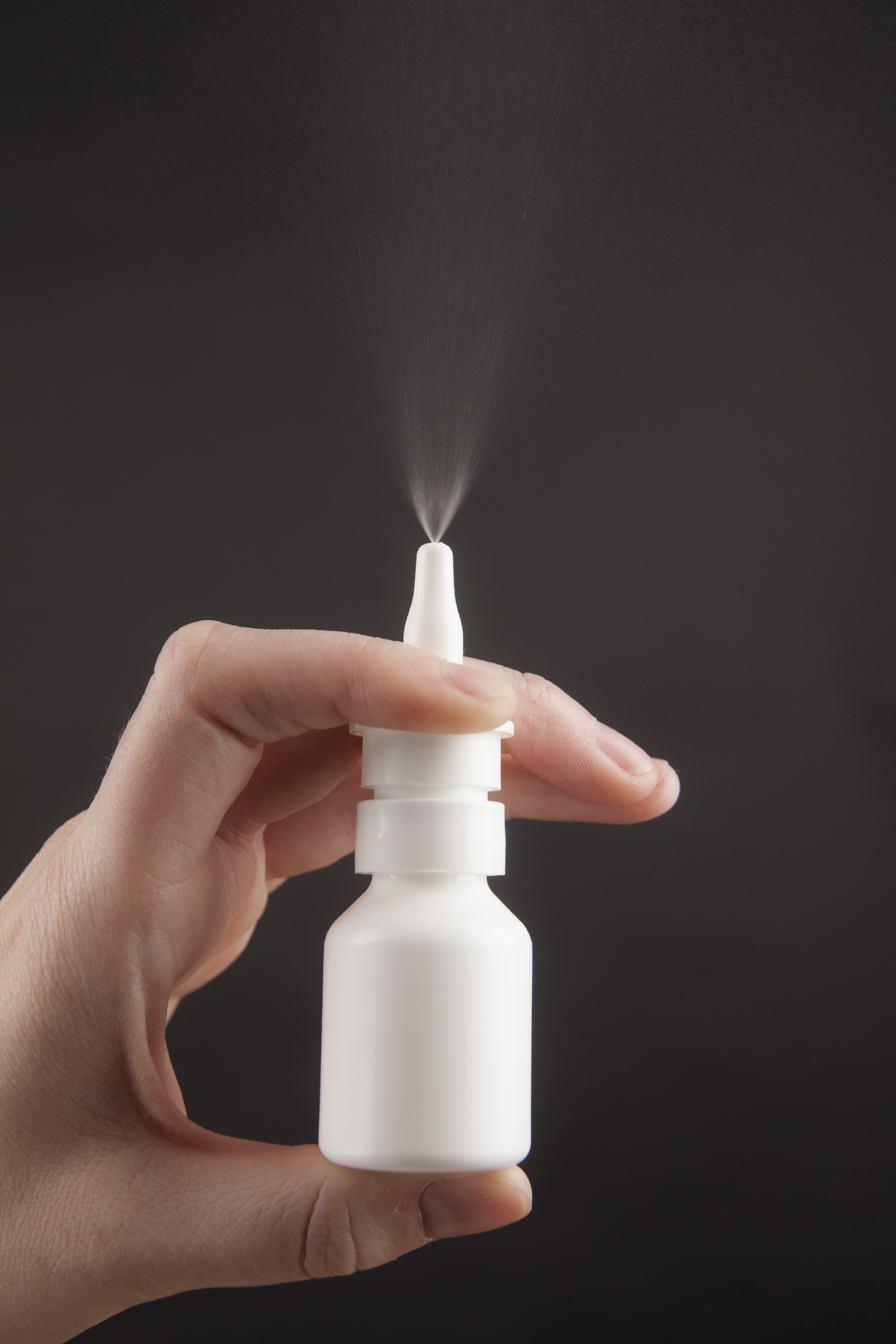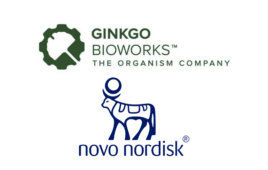
(Credit: Lubrizol LifeSciences)
A proprietary nasal delivery formulation of diazepam for the treatment of epilepsy developed by contract development and manufacturing organization (CDMO), Particle Sciences, a Lubrizol LifeSciences company, has been submitted as a New Drug Application (NDA) to the U.S. Food and Drug Administration (FDA) by San-Diego-based Neurelis Inc.
Valtoco, previously referred to in clinical development as ‘NRL-1,’ is the lead product candidate of Neurelis, which worked closely with Particle Sciences on the formulation of the diazepam nasal spray designed to treat acute repetitive seizures in patients over the age of six.
Using its DOSE platform that combines empirically obtained data with customized solubility software based on Hansen solubility parameters, Particle Sciences was able to achieve extremely high levels of solubilized diazepam using a benign vehicle that is compatible with nasal delivery.
The resulting absolute bioavailability of the Valtoco intranasal formulation was 96 percent of intravenous diazepam in a Phase 1 cross-over trial of healthy volunteers.
The NDA for Valtoco is a 505(b)(2) filing utilizing rectal diazepam gel, the only currently FDA approved therapeutic product for home treatment of acute repetitive seizures, as the Reference Listed Drug. The NDA is supported by further extensive clinical studies in healthy volunteers and patients with epilepsy, with more than 1,600 seizures treated to date with the nasal spray.
“Nasal delivery is often an overlooked route of administration, but it can offer an ideal route and increase bioavailability for several drug types, particularly those designed to treat diseases of the central nervous system,” Dr. Robert Lee, president of Particle Sciences, said.
There are more than 3.4 million people with epilepsy in the United States with approximately 200,000 new patients diagnosed each year. Despite the availability of chronic, daily oral medications to control epilepsy, a significant number of these patients continue to experience seizures. Of these uncontrolled patients, about 170,000 are at risk for cluster or acute repetitive seizures.
(Source: Lubrizol LifeSciences)




